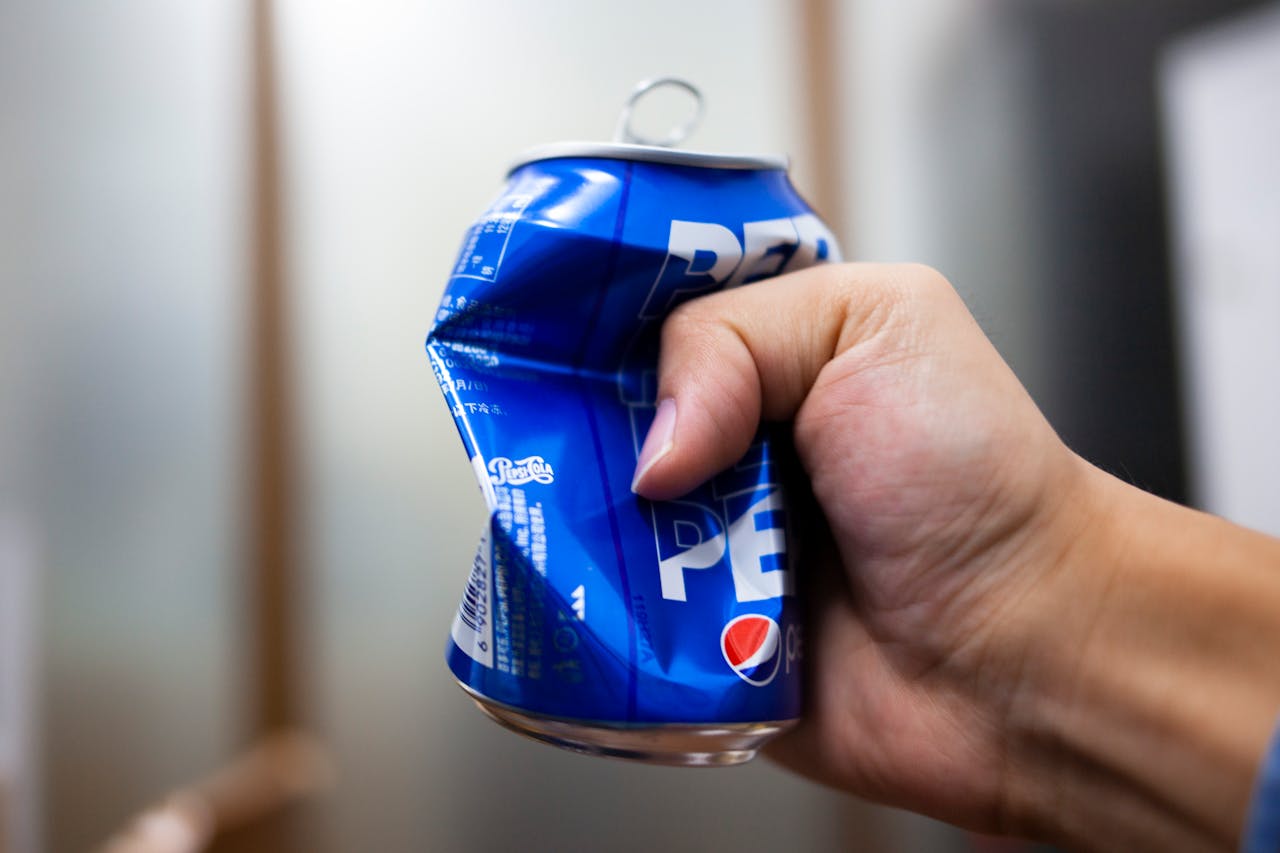By Peymané Adab, University of Birmingham; Kiya Hurley, University of Birmingham; The Conversation

The findings suggest that a year after the sugar tax was introduced, adults reduced their daily free sugar intake by about 10.9g, and a reduction in soft drinks accounted for over half of this reduction. (Pexels Photo)
The soft drinks industry levy came into effect in the UK in early 2018. The first study to investigate the effect of this “sugar tax” on individual-level consumption has just been published in the Journal of Epidemiology and Community Health. The headline finding is that adults reduced their daily added sugar intake by about two and a half teaspoons.
Using data from the annual National Diet and Nutrition Survey, the study summarised the amount of “free sugar” in people’s diets between 2008 and 2019. (Free sugar is added sugar – the sugar contained in honey, syrup and fruit juices.) The data included dietary information from almost 8,000 adults, who reported on all foods they consumed over four days using food diaries.
The findings suggest that a year after the sugar tax was introduced, adults reduced their daily free sugar intake by about 10.9g, and a reduction in soft drinks accounted for over half of this reduction. This translates to a reduction of around 40 calories daily, which if maintained, and assuming no other changes, could lead to 1.5kg weight loss over a year.
While this sounds impressive, it is important to remember that the study relied on self-reported measures of dietary intake and sugary drinks. It is well known that people often under-report their food intake, particularly foods that are perceived as unhealthy, such as those that are high in sugar.
The study tried to account for this by also looking at changes in dietary protein intake over the same period. This was because protein intake should not be affected by the levy but could be influenced by other factors that affect changes in dietary habits, such as food price increases.
The researchers found that although sugar consumption was reduced, protein intake remained relatively stable over this period.
Pattern of change
To test whether the reductions in sugar intake were due to the tax, the researchers considered a range of scenarios. First, the changes in total sugar intake were examined over a long period. They showed a downward trend in sugar consumption starting before the tax was introduced, but a steeper decline than expected coinciding with the introduction of the levy.
So other factors are contributing to an already declining sugar intake in the period before the tax was introduced. But it is impossible to fully attribute the faster decline to the new levy.
The researchers also examined changes in the sugar content of the whole diet (including all foods and drinks), as well as those from just soft drinks.
The analysis showed that only about half of the total reduction in free sugar intake in adults was attributed to the content of soft drinks. The remainder came from the reduction of sugar in other foods. So the reported two and a half teaspoons reduction in sugar intake cannot be fully attributed directly to the sugar tax.
One explanation is that other societal influences, such as increased awareness of health risks or shifting social norms and tastes, are contributing to a reduction in sugar in people’s diets over time.
These influences may also be changing soft drink habits, regardless of the sugar tax. Alternatively, the introduction of the sugar tax may indirectly be responsible for changing societal norms.
Wider context
To make sense of these findings, it is useful to consider them within a wider context. Around 50 countries have introduced some form of tax on soft drinks. There are consistent patterns across these countries of the taxation leading to fewer soft drinks being bought and soft drinks manufacturers reformulating their products to reduce the sugar content – thereby avoiding the levy.
This latest study also shows that reducing the sugar content of soft drinks doesn’t lead people to substitute with higher sugar intake in other aspects of their diet.
The sugar tax has probably contributed directly – and possibly indirectly – to a reduction in dietary sugar intake. The precision of the estimated effect is uncertain. How the policy interacts with other public health interventions and societal influences also needs to be considered.
We still don’t know if the reduction in free sugar consumption is sustained beyond the first year, or if it has any effect on chronic diseases, such as type 2 diabetes and obesity.
The study was also unable to examine the effects of the tax on different socioeconomic groups or genders – so its effect on health inequalities needs to be explored further.![]()
Peymané Adab, Professor of Chronic Disease Epidemiology and Public Health, University of Birmingham and Kiya Hurley, Research Fellow, Public Health, University of Birmingham
This article is republished from The Conversation under a Creative Commons license. Read the original article.





















